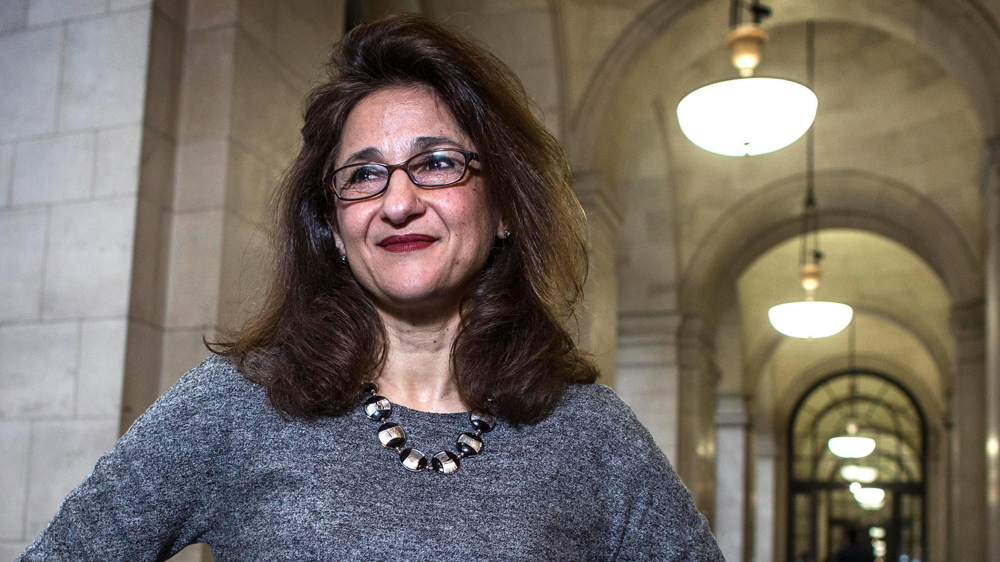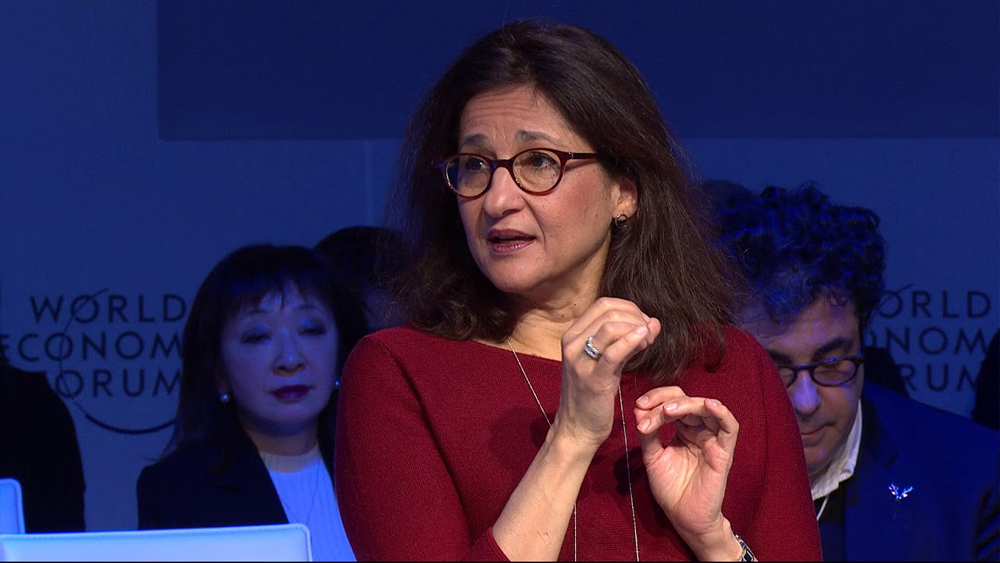
She been placed on numerous power lists, was named GG2 Woman of the Year at the 11th Annual GG2 Leadership & Diversity Awards and was awarded the British Muslim Awards (BMA) Leader in Finance. Plus, Egypt’s pride and joy was made a Dame Commander of the British Empire in 2015, allowing us to call her Dame Nemat Shafik, DBE.
The Alexandria-born Shafik was Deputy Governor of the Bank of England, a position she earned in August 2014, when she became the first-ever to be specifically appointed to oversee markets and banking. Up until February 2017, she was responsible for reshaping the Bank’s operations and balance sheet as well as overseeing the reforms to the Bank’s Sterling Monetary Framework. Plus, Shafik overlooked the Bank’s international surveillance, analysis and engagement, which included reshaping risk management practices and stabilising the UK’s inflation levels. She also represented the Bank, which is the second-oldest central bank in the world and one of the largest, in international groups and institutions.

"She helped drive vital reforms on the domestic and international stages, perhaps most prominently in the successful completion of the Fair and Effective Markets Review, which she co-chaired," Bank of England governor Mark Carney said. "She has overseen a transformation in how we manage our balance sheet and is modernising our high-value payments system. This has been alongside the invaluable insight she brings to all three main policy committees of the Bank and the inspirational leadership she gives to her colleagues. In her work and by her example, she leaves an important legacy."
Never one to turn down a challenge, Shafik left the bank to become the first woman director of the London School of Economics (LSE). According to “Fortune” magazine, she decided to join the LSE to investigate how universities can confront disinformation and division. Her mission became to re-establish trust in universities as she believed independent institutions and experts were in danger.
“All of those principles which universities are supposed to abide by—and which good, independent technocratic institutions are supposed to abide by—are under threat,” she told “Fortune,” blaming more political polarisation. “And I think society will be much poorer if we don’t reassert the importance of those principles.”

Shafik was referring to principles like transparency, the use of evidence-based arguments and publishing ideas that are well reviewed and analysed. She has previously held academic appointments at the Wharton Business School of the University of Pennsylvania and Georgetown University's economics department. Plus, she has authored, edited, and co-authored a number of books and articles on a wide variety of economic topics.
Formerly, Shafik, commonly known by her nickname Minouche, was Deputy Managing Director of the International Monetary Fund, responsible for Europe and the Middle East, the institution’s administrative budget, human resources policies and its training and technical assistance on a variety of macroeconomic and financial stability issues. Shafik also worked at the United Kingdom Department for International Development (DFID), starting out as Director General for Country Programmes. Once she was appointed as DFID’s Permanent Secretary in 2008, she managed a bilateral aid programme in over 100 countries, multilateral policies and financing for the United Nations, European Union and international financial institutions, amongst other things.
Before the DFID, Shafik joined the World Bank after she completed an MSc in Economics from the London School of Economics and a DPhil in Economics from Oxford University. She filled a variety of roles at the World Bank such as macroeconomic work on Eastern Europe and in the Middle East, where she published a number of books and articles about the region. The mother of twins and three stepchildren went on to become the World Bank’s youngest ever Vice President at 36.
Shafik, who has dual American and British citizenships due to growing up in the US and spending her later life in the UK, has also held a number of senior positions in international organisations, served on a number of boards and chaired international consultative groups. The tri-lingual whizz has also spoken extensively on various topics and has been awarded honorary doctorates at several UK universities.

















